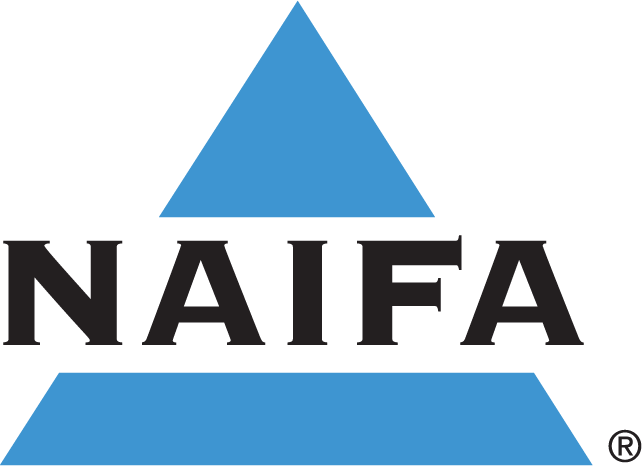North Dakota lawmakers are considering a bill that would impose a three-year ban on the sale of long-term care insurance policies. The bill, SB 2253, has four sponsors seeking to use the three-year moratorium to study the market and premium increases.
Members of NAIFA-ND have responded to the bill by personally reaching out to their elected lawmakers to express their grave concerns.
“NAIFA-ND opposes this bill since Long Term Care is an essential part of having a solid retirement plan for individuals in our state and this country,” said Lyle Kraft, President of NAIFA-ND. “There are so many reasons for lawmakers to kill this bill, but one of the most important reasons is that many individuals will have to fall back on self-funding, which will rapidly deplete hard-earned retirement savings.”
While NAIFA-ND worked its grassroots efforts, other associations opposed the bill during a hearing on January 26, in front of the Senate Industry, Business and Labor Committee. During the hearing, NAIFA's advocacy partner ACLI described a list of ways that SB 2253 would negatively impact North Dakota consumers:
- The moratorium would impact guaranteed renewable traditional stand-along LTC and prohibit sales of LTC riders that accelerate life insurance death benefits to pay for LTC services. These LTC riders add great flexibility to a life insurance policy, helping policyholders manage cash flows and avoid “use it or lose it” concerns.
- LTC coverage protects an individual’s assets in the event of a LTC event. Absent a well thought out strategy for a future LTC event to generate income to fund caregiving costs, North Dakotans could become an increased burden to state and federal social programs (i.e. Medicaid), shifting more responsibility and expense to taxpayers.
- The moratorium could have adverse effects on North Dakotans who wish to protect themselves from LTC risks during the moratorium. During this period, the consumer could develop a medical condition rendering them uninsurable after the moratorium period.
- North Dakotans wishing to purchase coverage would pay higher premiums by waiting up to three years (based on issue-age premiums).
Information on long-term care solutions is available at NAIFA's Limited and Extended Care Planning Center. Residents of North Dakota can join the grassroots effort at NAIFA's Advocacy Action Center.







